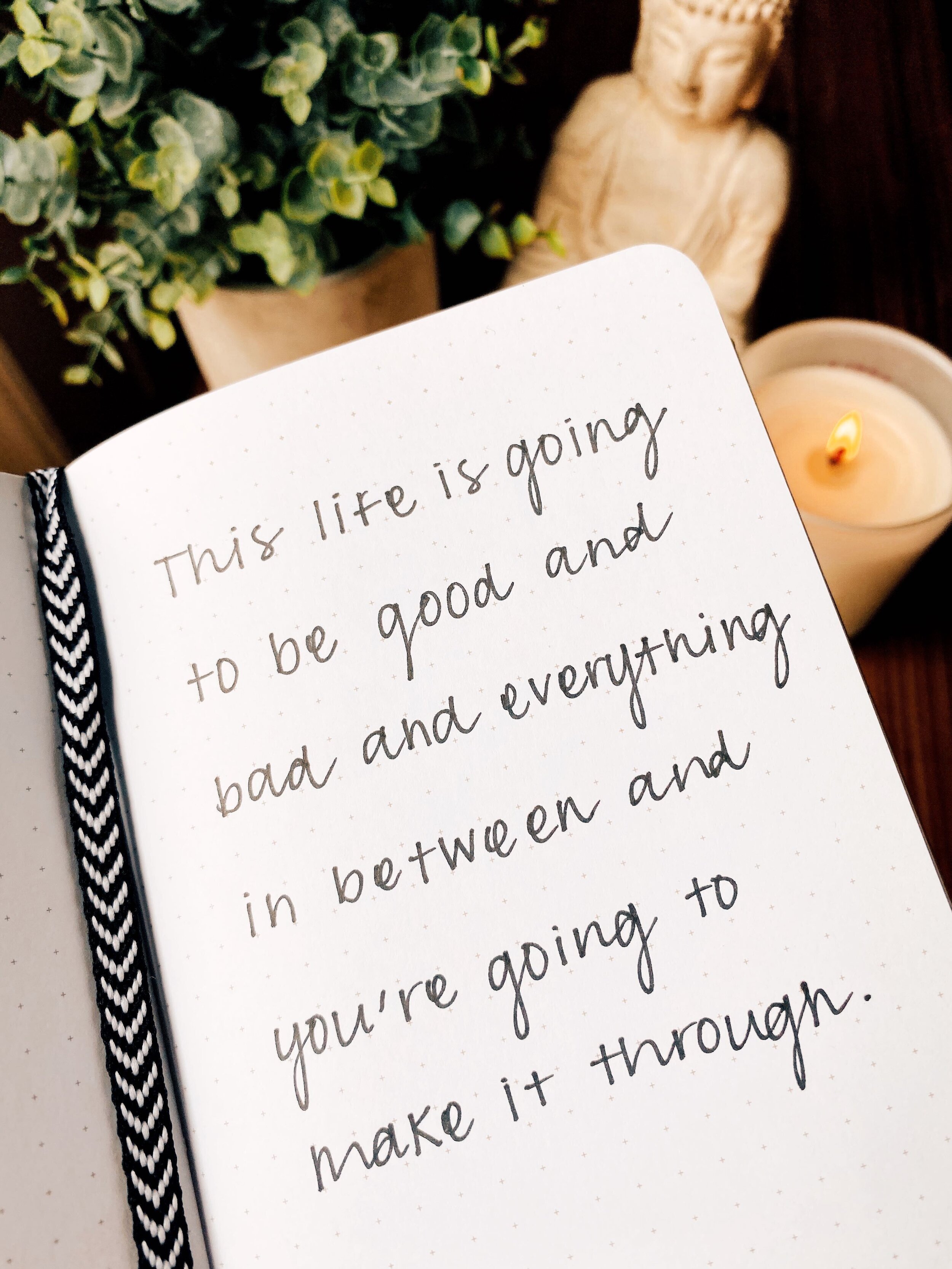By Rachel Straining
As I’m sitting here now, I’m writing this in the notes app on my phone.
I remember in high school when we had to write our college essays. Mine came to me at 12 o’clock on a random Tuesday night as I was trying to fall asleep. I couldn’t shut my brain off, which is usually a thing that tends to happen to me in the very moments when all I want to do is shut my brain off. I knew I’d have to get my thoughts out somehow, otherwise they’d consume me to the point of no sleep. I rolled over and grabbed my phone from my bedside table. I opened my notes and watched my fingers tap, tap, tap as my mind led the way. I wrote the first draft of my college essay that night on my phone.
Now, as I sit here, writing this on the notes app on my phone, I can’t help but think about how finding a way to put my thoughts into words has changed my life and helped me come to terms with my chronic illness.
When I was in 4th grade, I was diagnosed with generalized anxiety disorder. I had a hard time articulating my feelings. I would cry, a lot, but I wasn’t able to explain, or even understand, the “why” behind my tears.
I was put into therapy and eventually handed a pen and paper. A narrow ruled notepad that didn’t feel so narrow at all. Rather, it felt like an open, honest gateway into a mind that at times felt all too confusing to make sense of.
If I was upset about something, I would write it out. If I was upset at someone, I would write them a letter. Whether or not these words were ever shared was up to me, but the simple fact that writing gave me a way to process and work through my emotions was something I never had - something I wanted to hold onto forever.
Then, when my world was flipped on its axis and I was diagnosed with Crohn’s disease, I stopped writing. I stopped talking about how I felt and I stopped writing about it. Even though every piece of me was breaking inside, I wanted to forget and pretend like I didn’t feel anything. Everything hurt. My heart ached and so did my body. I wasn’t numb at all, but I wanted so badly to be. So, in an effort to try and shut everything off and shut everything out, I put down my pen, threw my paper into the trash, and forced my heart to go cold to freeze time.
I didn’t process the fact that I was chronically ill. I refused to. I studied or drank or exercised or ate away my emotions. I suppressed any kind of feeling, any kind of pain, any kind of grief, letting my emotions build up inside of me like a volatile eruption just waiting to happen and destroy everything within its wake. And then I flared my sophomore year of college and there was no way I could continue down the life path I was headed if I wanted to have a chance at living.
I found an old notepad in one of my drawers that year and I watched the life before me change as I began to use my words again. I watched myself begin to open up again, no longer bottling up emotions that so desperately needed to be let out, no longer letting things eat me away inside until I felt so hollow that I became a shell of a person. I watched myself begin to connect with others by using words to which they could relate as a way to bridge the gap between loneliness and understanding that had once felt too scary to cross. In writing, not only did I find my true passion, but I also found my true acceptance.
Especially when living with a chronic illness, one of my biggest pieces of advice is to find that thing you can turn to when you need it most. Something that will always be there for you, even when you try to push it away. It doesn’t have to be a person and it doesn’t have to be a tangible possession. Just something. For me, it’s sentences and paragraphs and poetry and prose. It’s putting my thoughts onto paper, or onto the notes app on my phone, and finding solace in the way writing helps me make sense of my truth when I find it too hard to verbally speak.
Whether it’s the way a good song can make you feel heard or the way a good book can transport you to a different place, we all have something. We all have that one thing that both steadies and ignites our heart. When you hold onto it, and when you harness your power through it, you’ll start to feel like you can finally take on the life that stands before you - one word or one note or one story at a time.

